Mathematics of Life
This theme employs mathematical techniques to provide insight into the biological mechanisms underpinning health and disease. By constructing, calibrating, and analysing mathematical models, we generate testable predictions to quantify the contribution of such mechanisms to observed phenomena in a range of systems across neuroscience, neuroendocrinology, evolutionary biology, protein and molecular dynamics, and cell motility. We work hand-in-hand with experimental and clinical collaborators to ensure that our mathematical models and analysis techniques are directly translated into novel biological understanding.
The research falls into three streams:
1) Data analysis: We use cutting edge techniques from -omics analysis, time series analysis, machine learning, and topological data analysis to identify relationships between biological variables in complex systems. These relationships are then encoded in mathematical networks (graphs) and computational graph theory approaches are used to quantify the relative importance of particular interactions for understanding specific phenotypes or behaviour.
2) Model construction: We construct data-driven, mechanistic mathematical models to provide tools to interrogate the dynamical behaviour of biological systems. These models range from simple agent-based and differential equation models to large systems of equations posed across multiple spatial and temporal scales. Techniques from parameter optimisation and uncertainty quantification are used to fit these models to data to ensure that they accurately reflect the real-world biological systems.
3) Model analysis: We use techniques from dynamical systems and control theory to analyse the constructed mathematical models. We develop and apply tools for numerical simulation of our models and use bifurcation analysis to predict transitions in the dynamical behaviour of the biological system being modelled. Such transitions could, for example, represent the onset of a seizure in epilepsy or the acquisition of a particular genotype or phenotype during development.
Recent research projects
View recent modelling work from David Richards' group in this video.
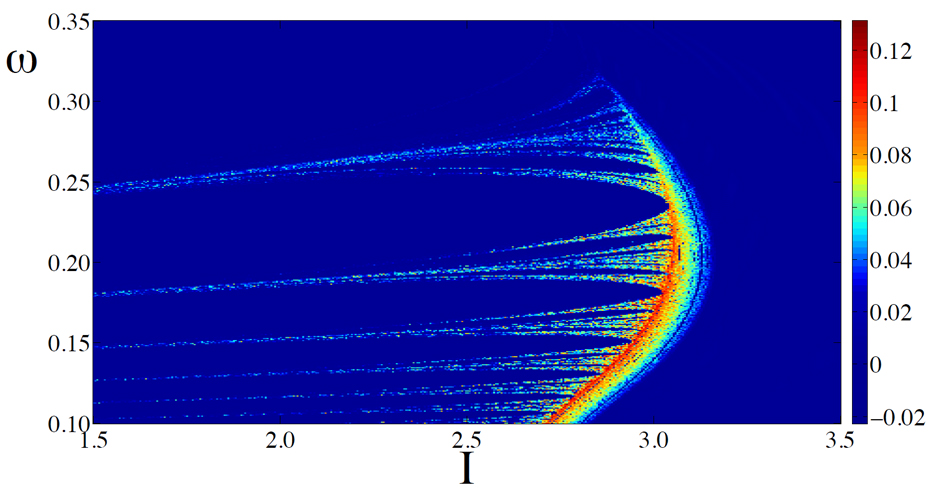
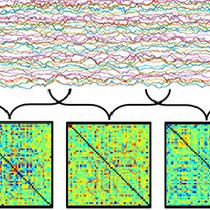
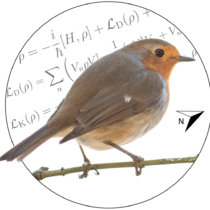
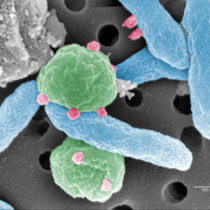
.png)
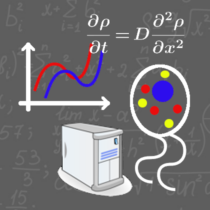
.jpg)
.png)
.png)



